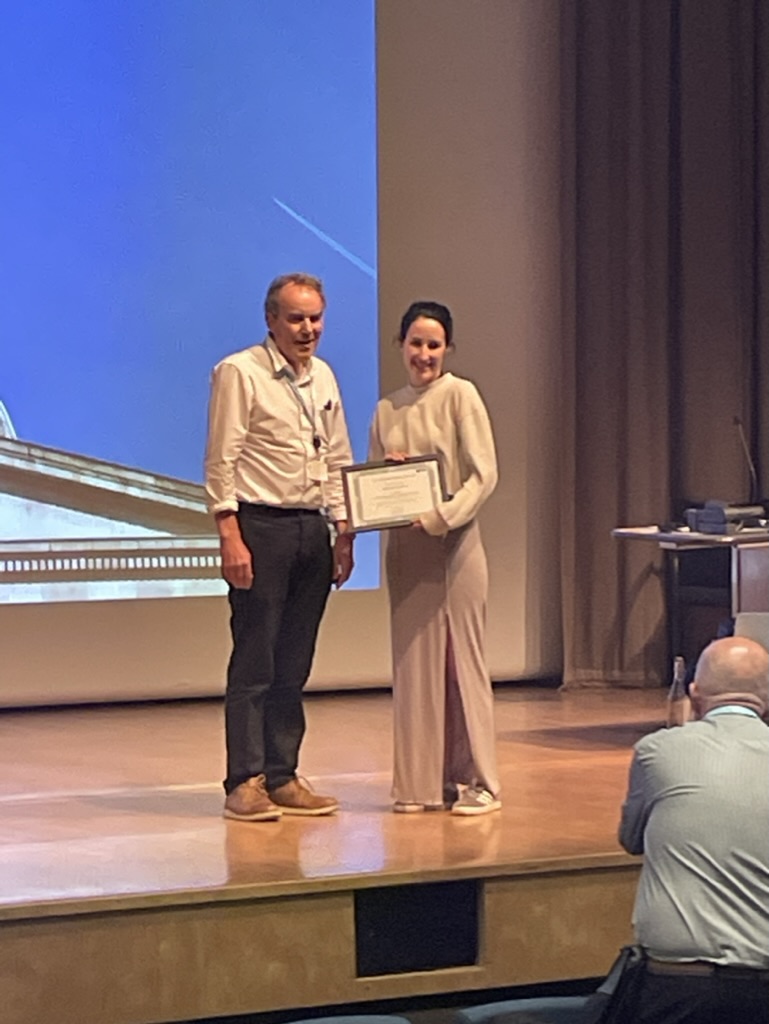
We have been awarded with best poster prize in the postdoctoral category at the UCL Neuroscience Symposium 2024!

UCL Department of Cell and Developmental Biology

We recently published a paper in eLife entitled “Downregulation of Dickkopf-3, a Wnt antagonist elevated in Alzheimer’s disease, restores synapse integrity and memory in a disease mouse model”. Alzheimer’s disease (AD) is the most common form of dementia worldwide. Synapse dysfunction is one of the earliest hallmarks of AD, but the mechanisms involved are not fully understood. Deficient Wnt signalling, a pathway that is crucial for the maintenance of neuronal circuits, has been linked to synapse dysfunction and loss in AD. Recent work showed that DKK3, a secreted protein that negatively regulates Wnt signalling, is present in amyloid-β aggregates that typically form in the brain of AD patients. However, the function of DKK3 in the adult brain and its role in AD remained unexplored. In this study, we provide new evidence that DKK3 levels increase in the human AD brain with the progression of the disease. Using functional and mechanistic approaches, we demonstrate a novel role for DKK3 in regulating excitatory and inhibitory synaptic integrity. Gain of function of DKK3 decreases excitatory synapse but increases inhibitory ones. Importantly, we discover that downregulation of DKK3 restores synapse number and memory in an AD mouse model. These findings further our understanding of the molecular mechanisms contributing to synaptic impairment in Alzheimer’s disease and demonstrate that activation of Wnt signalling is a potential therapeutic approach to restore neuronal connectivity in AD.